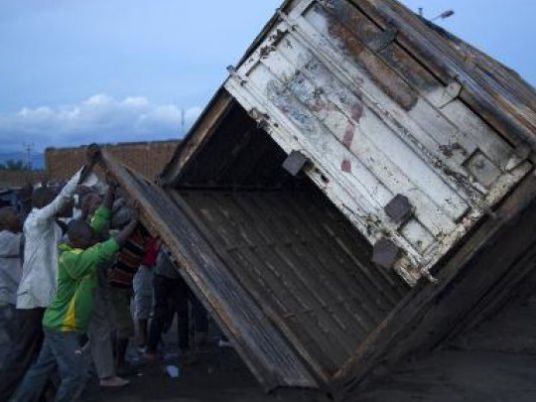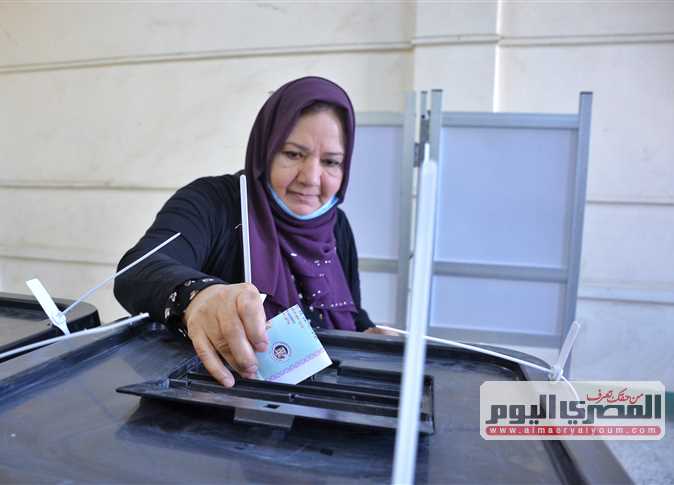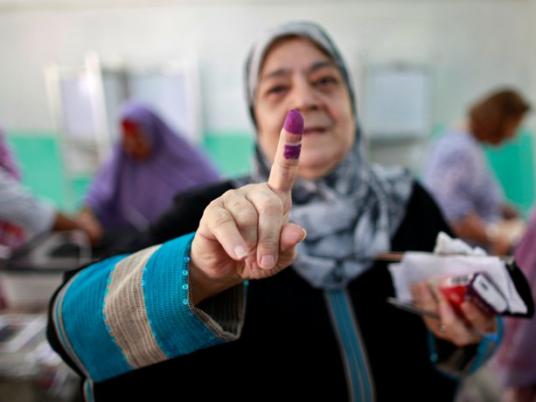
Opponents of Burundi President Pierre Nkurunziza's third term bid on Sunday defied a government command to immediately end weeks of street protests, branding the order a "declaration of war".
At least 18 people have died since Nkurunziza announced his intention to run for a third term in elections due next month, sparking weeks of angry demonstrations.
In some neighborhoods protesters reinforced their barricades overnight in defiance of the government order, issued late Saturday, that all barriers must be dismantled or removed by force within 48 hours.
The fresh standoff between demonstrators and security forces comes after a one day "truce" declared by protest leaders on Saturday allowed a semblance of normality to return to the capital, Bujumbura.
In a decision issued on Saturday, the National Security Council demanded an "immediate and unconditional" end to what it said was an "insurgency" and ordered security forces to remove all barricades "within 48 hours, in Bujumbura and the rest of the country."
Protestors angrily dismissed the order.
"Who cares about the orders of the National Security Council! Let Nkurunziza leave first! Otherwise we will continue," said Ficre, a 26-year old protester in the Cibitoke neighborhood that has seen some of the worst clashes.
On Saturday night, soldiers who were trying to move a shipping container that had been dragged across the road blocking the main thoroughfare were forced to give up when faced with hostile youth.
The army has so far played a neutral role, often coming between stone-throwing protesters and police, and is popular among protesters who believe it protects them from the police. But tensions have begun to appear in recent days.
The National Security Council declaration shows that the government does not intend to back down in the face of the protests, despite international pressure, while protest leaders also remain firm in their resolve to continue demonstrating, leaving little hope for a negotiated way out the of crisis.
The so-called "Collective Against a Third Mandate", which includes over a thousand civil society organizations and the country's two biggest trade unions, "considers the National Security Council declaration to be a declaration of war on the people of Burundi," said Pacifique Nininahazwe, one of its leaders.
"So far, no president has won against the people," said Nininahazwe, citing Tunisia, Egypt and Burkina Faso where popular uprisings have led to the overthrow of presidents in recent years.
"The protests will continue until Pierre Nkurunziza understands that he cannot have a third mandate, he can not violate our constitution," he said.
Ignoring the protests, Nkurunziza was the first of eight candidates to register for presidential elections due on June 26.
Among them was Nkurunziza's strongest challenger, Agathon Rwasa, who called for a delay in elections citing the current insecurity.
Despite the unrest campaigning for local elections, due to be held on May 26, officially began on Sunday.




